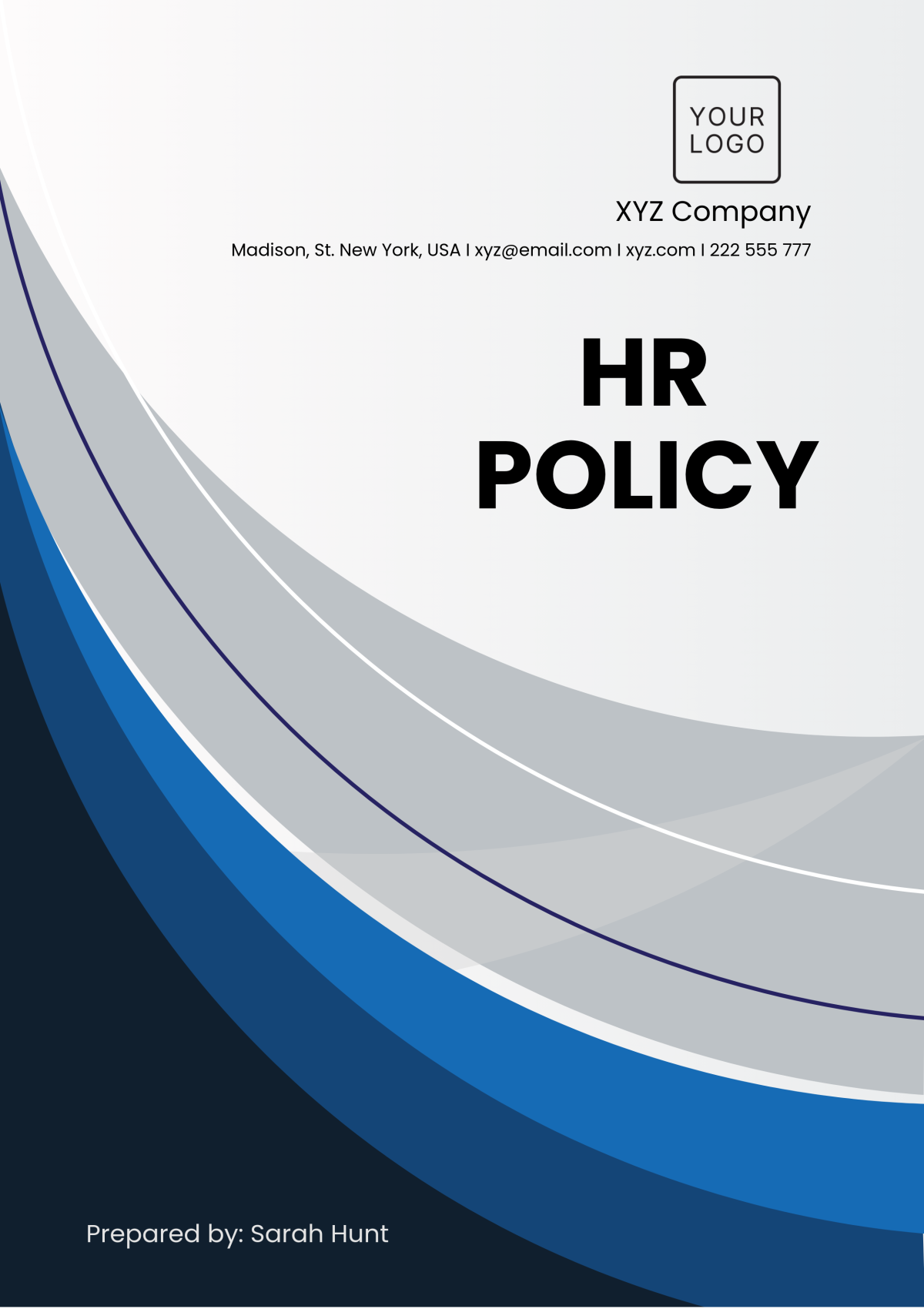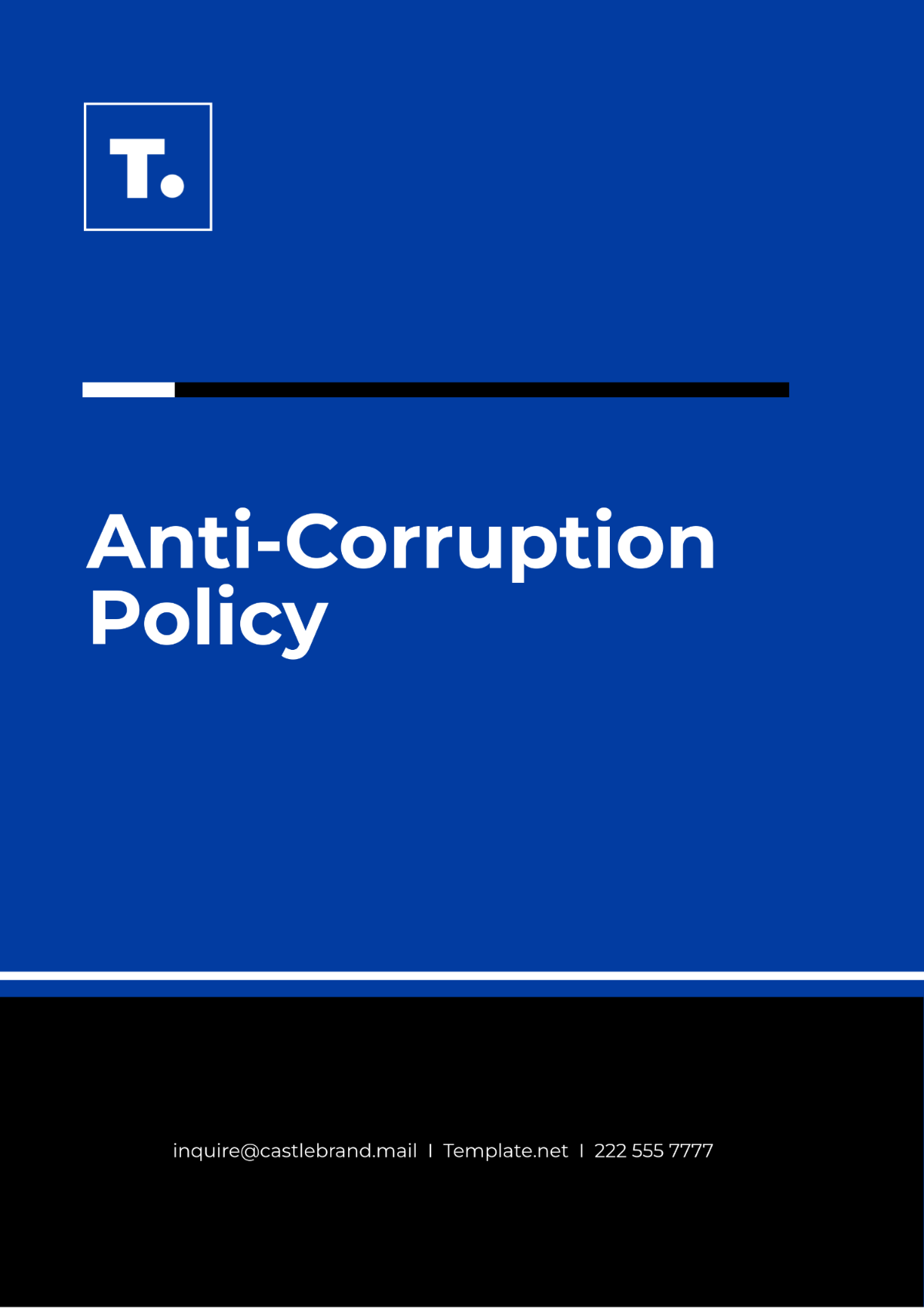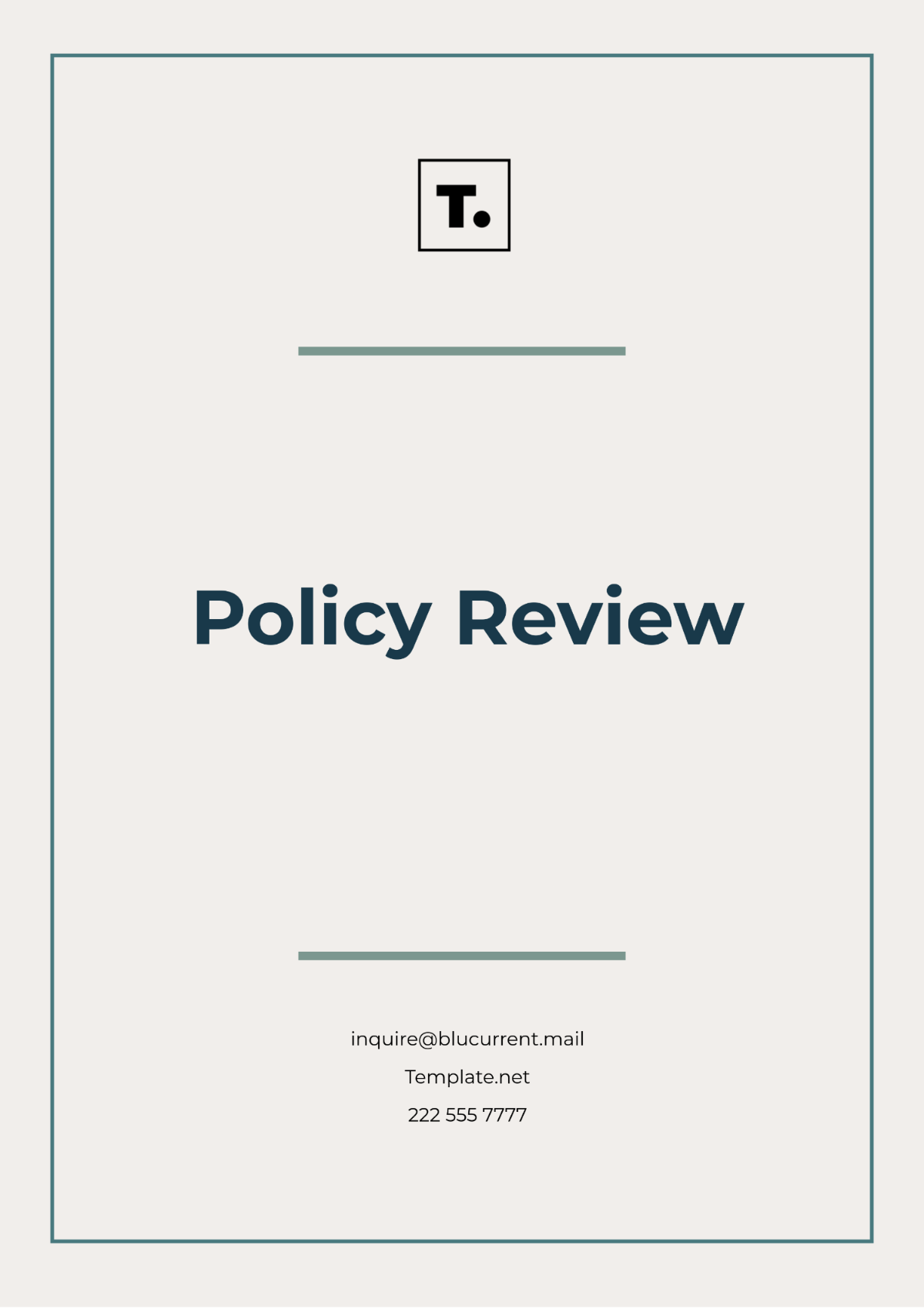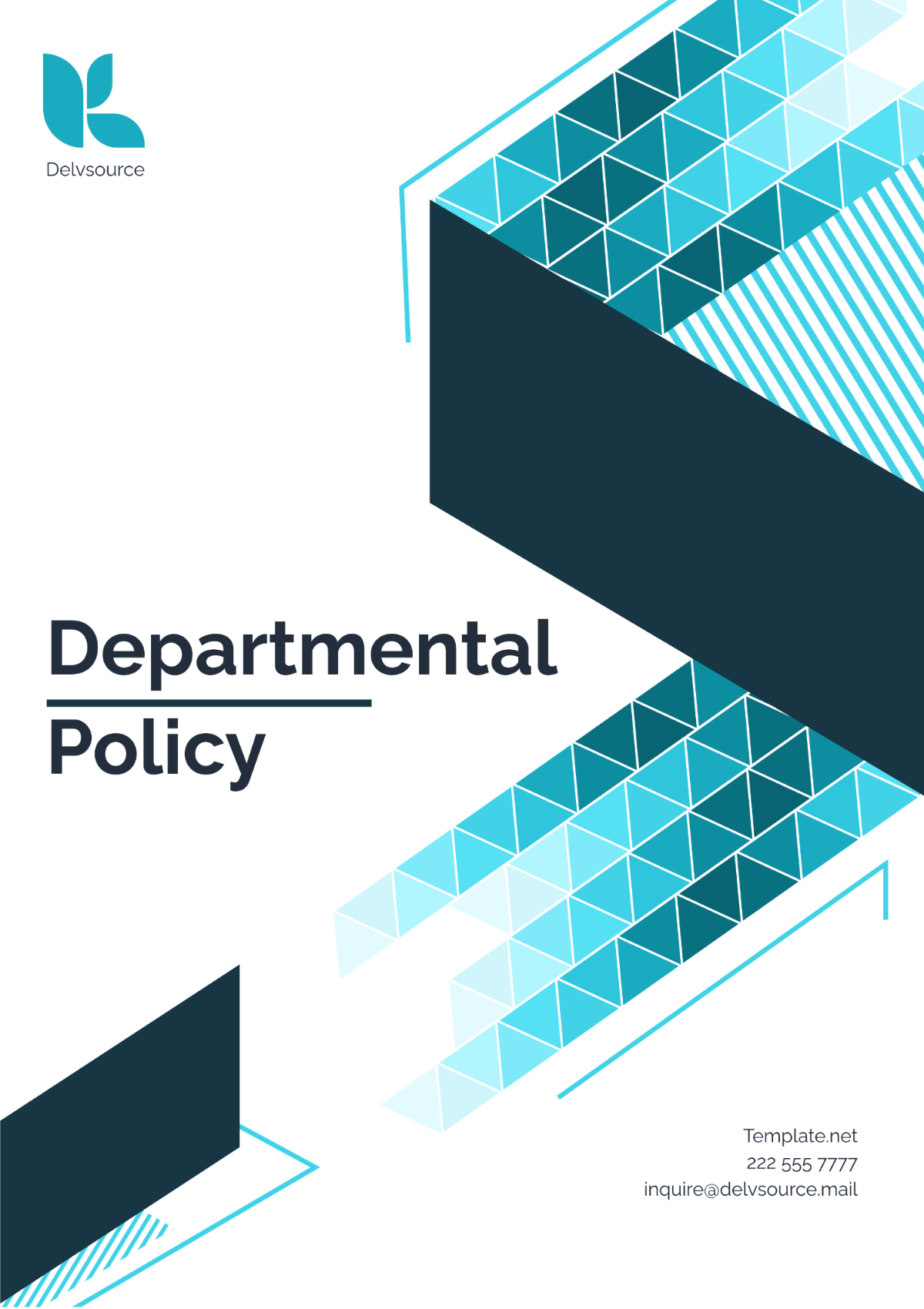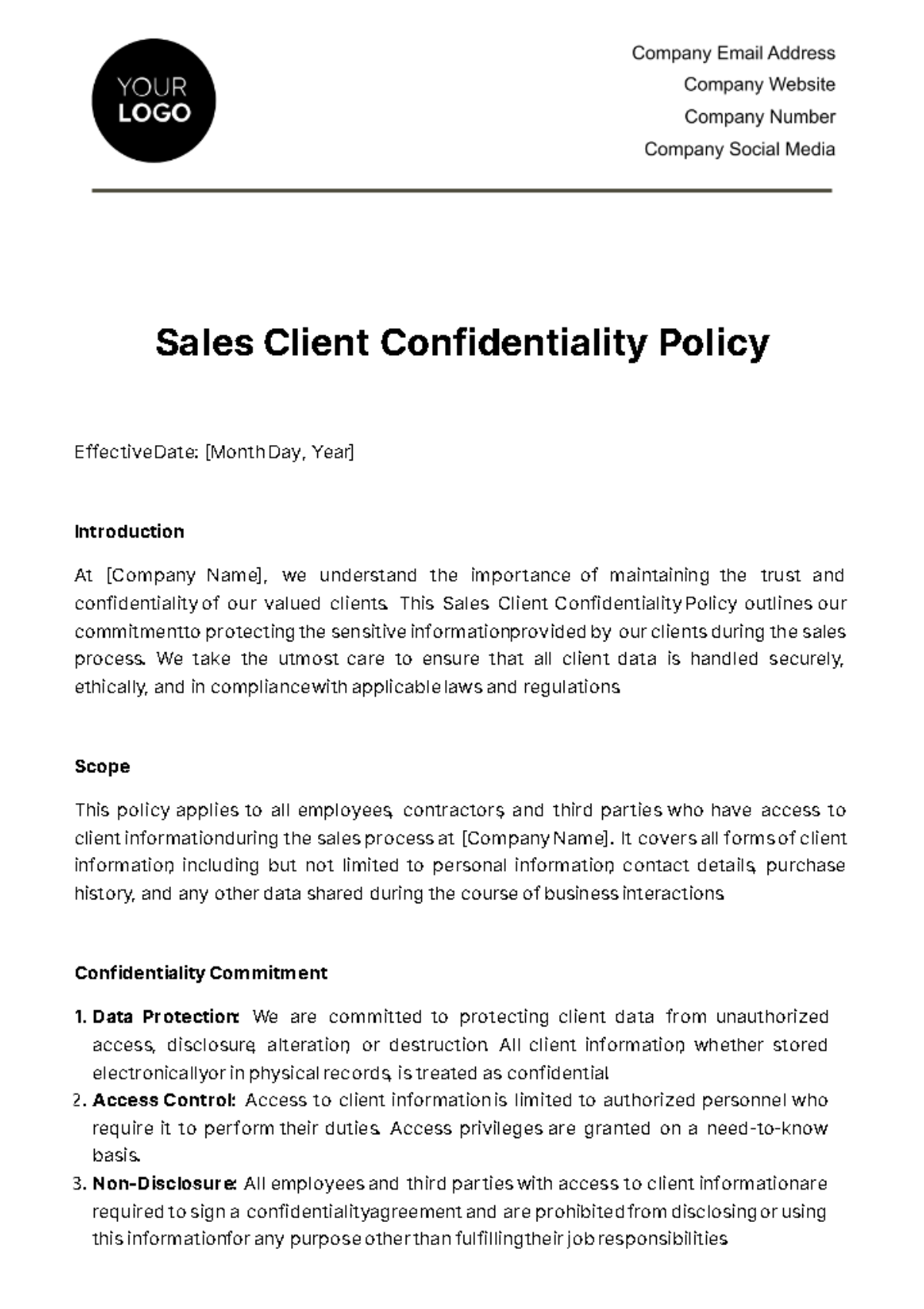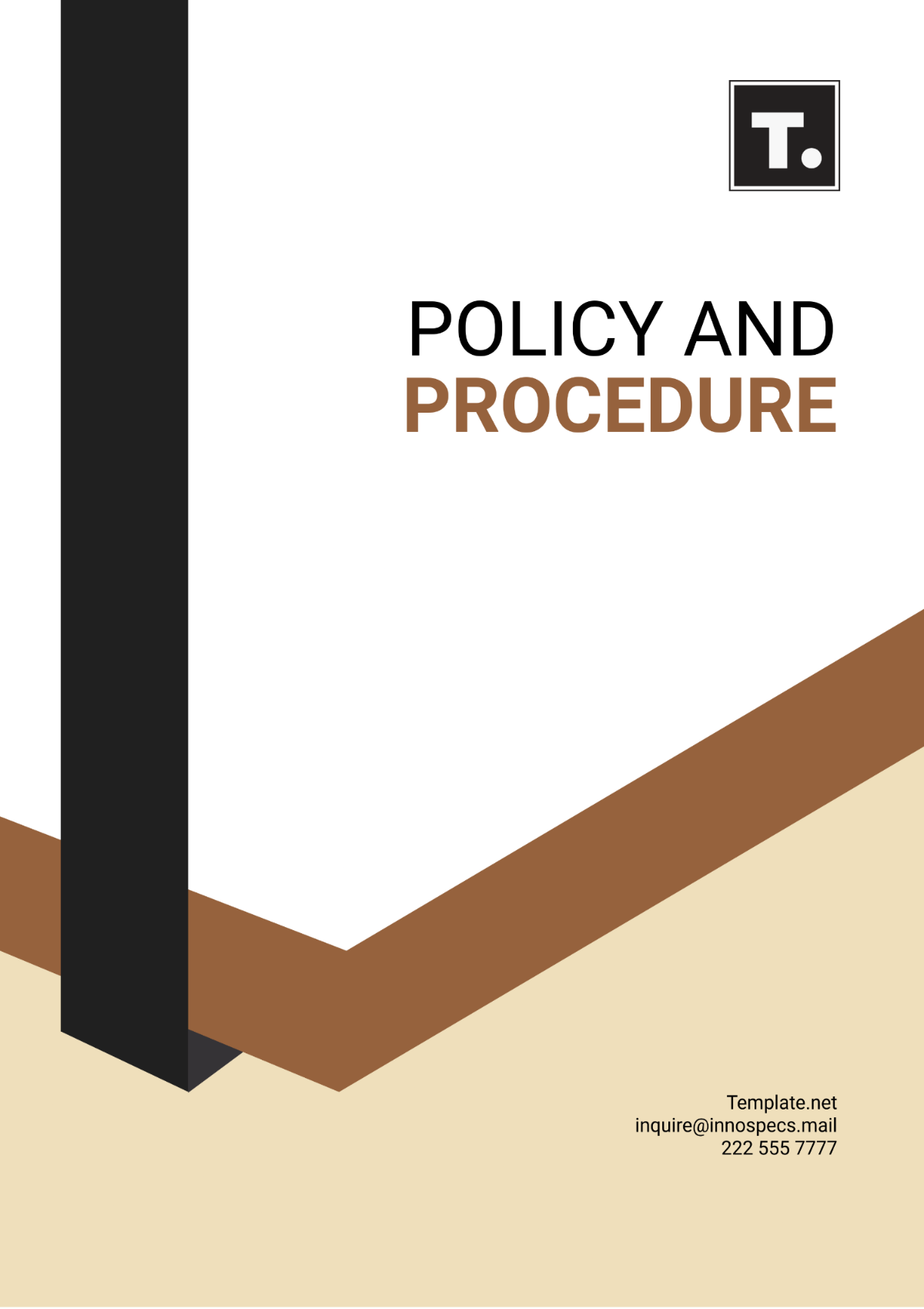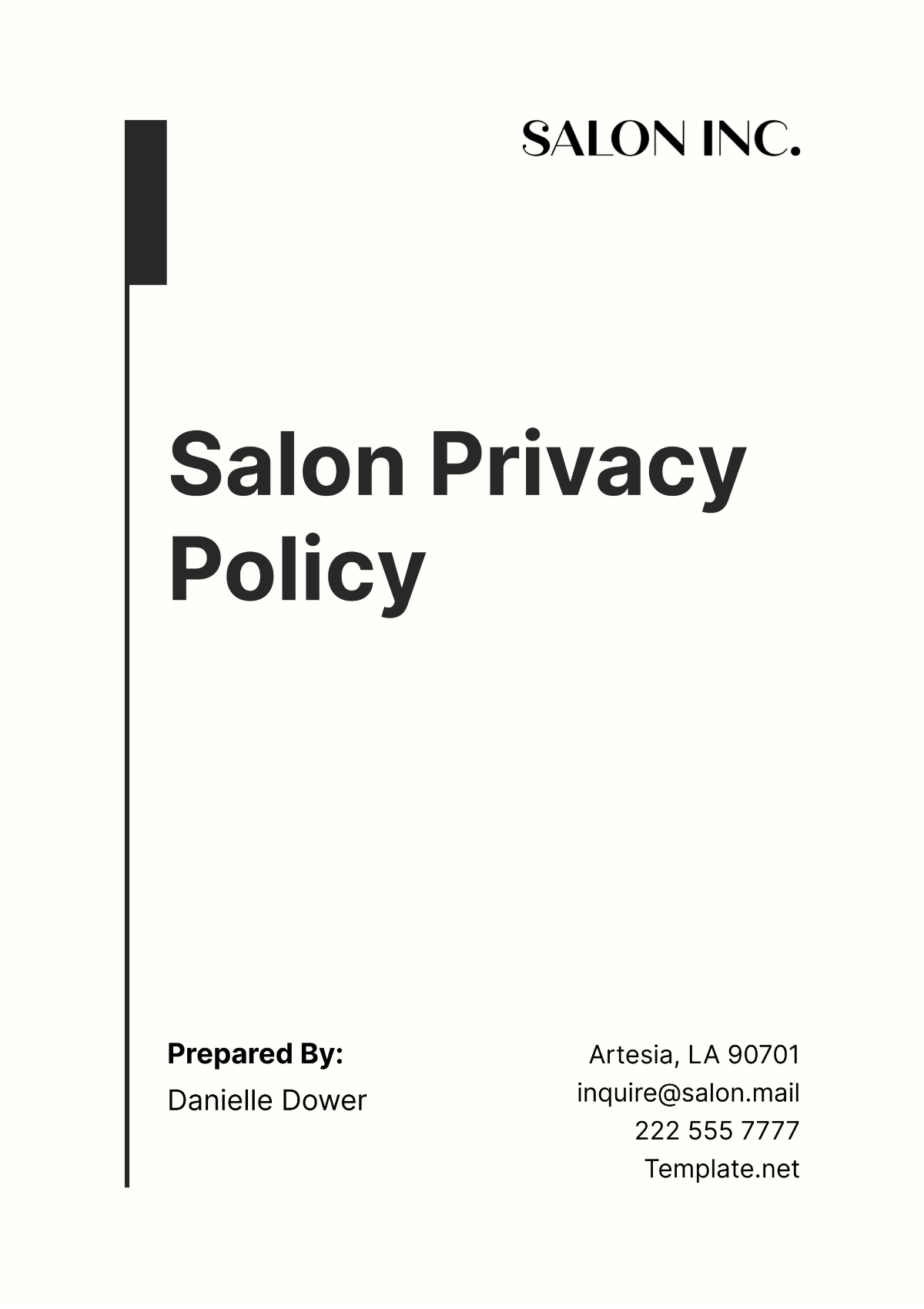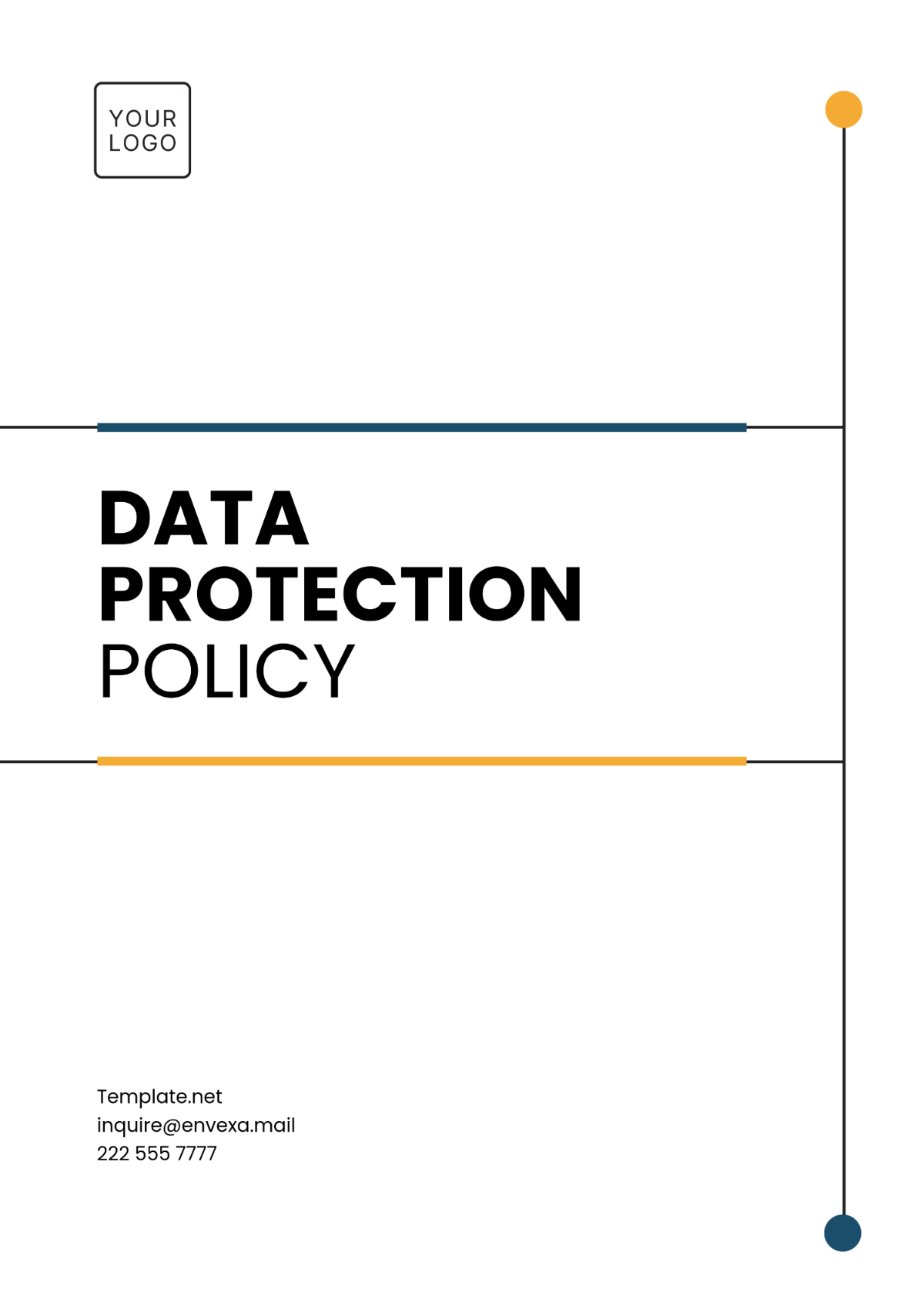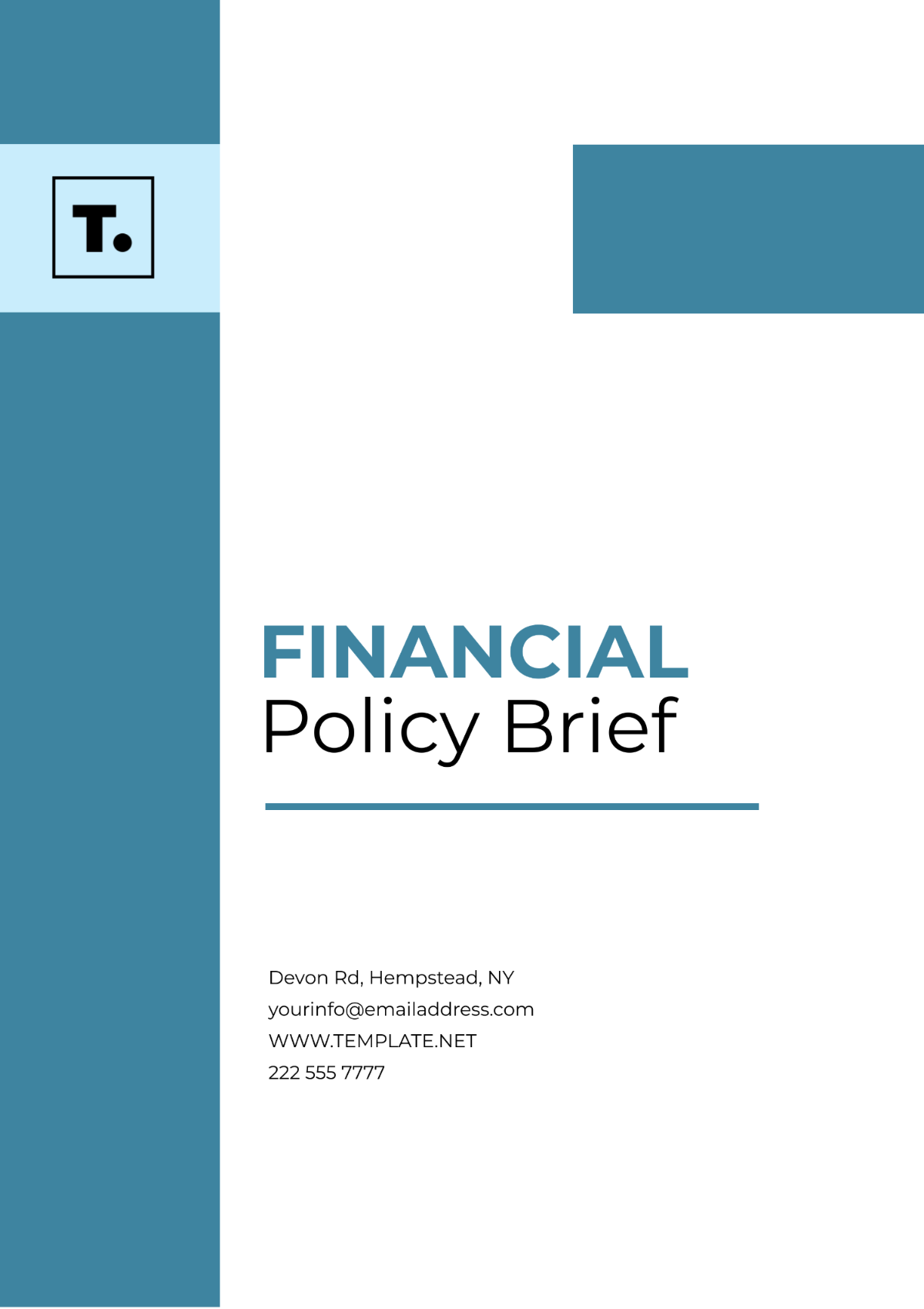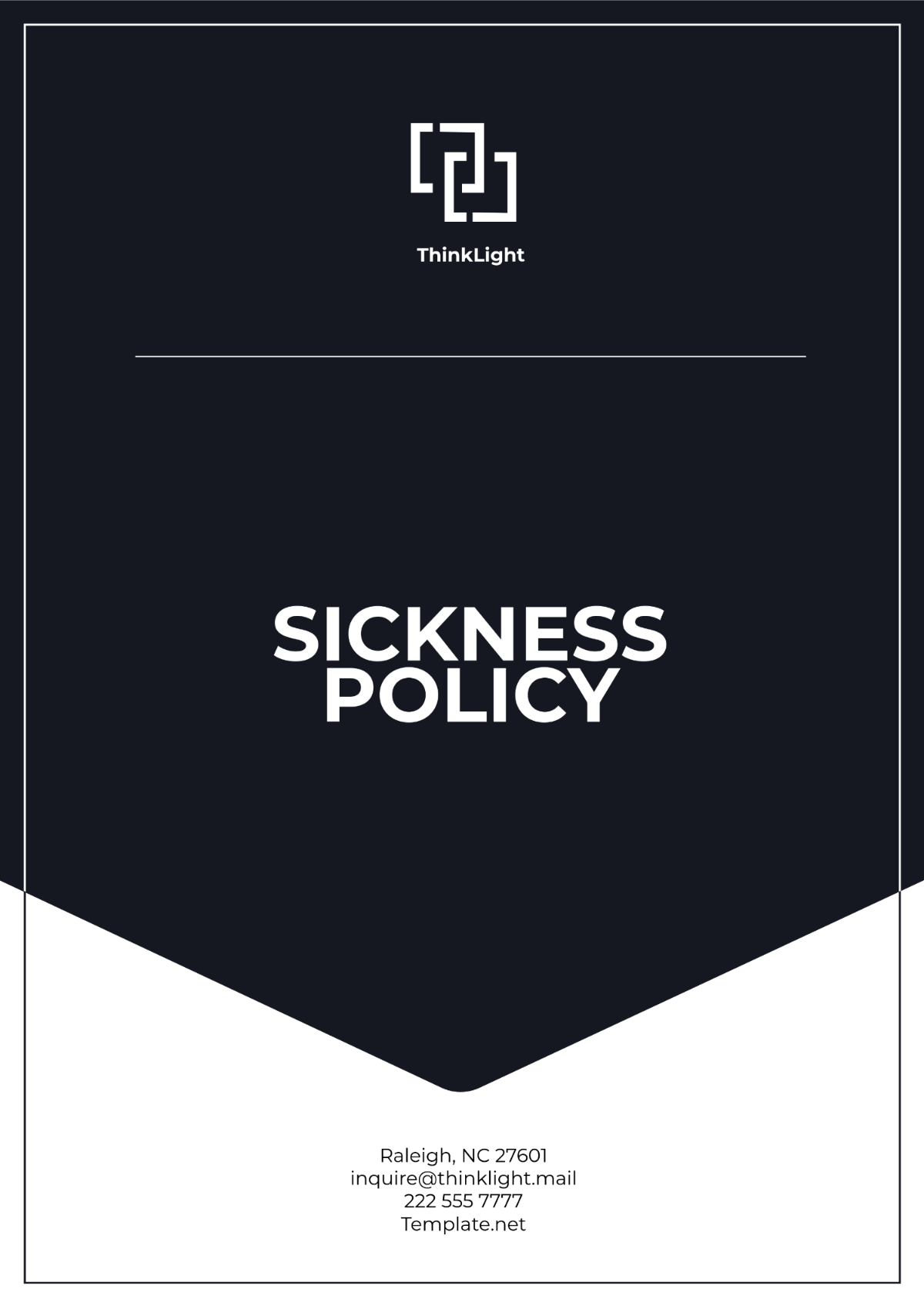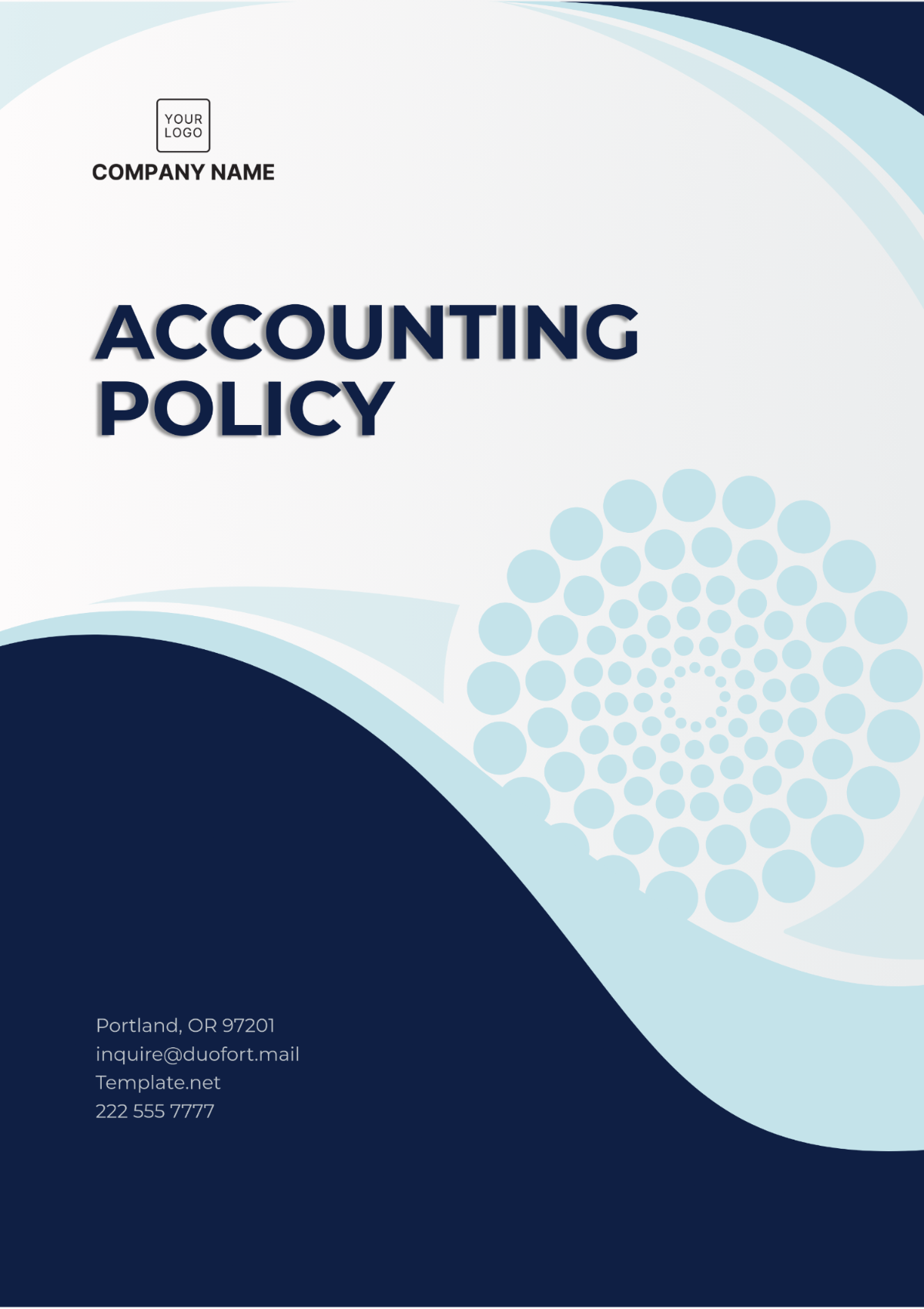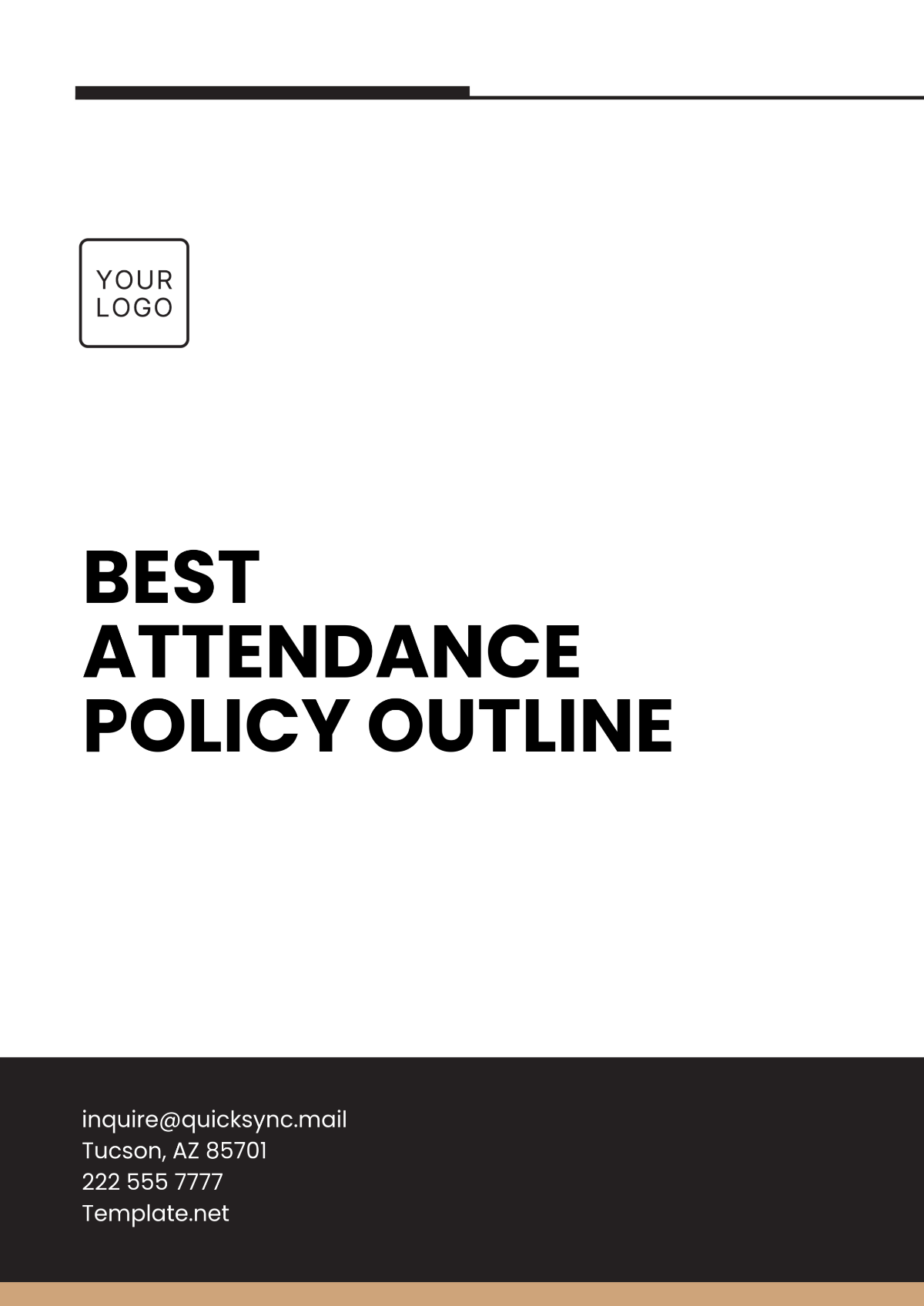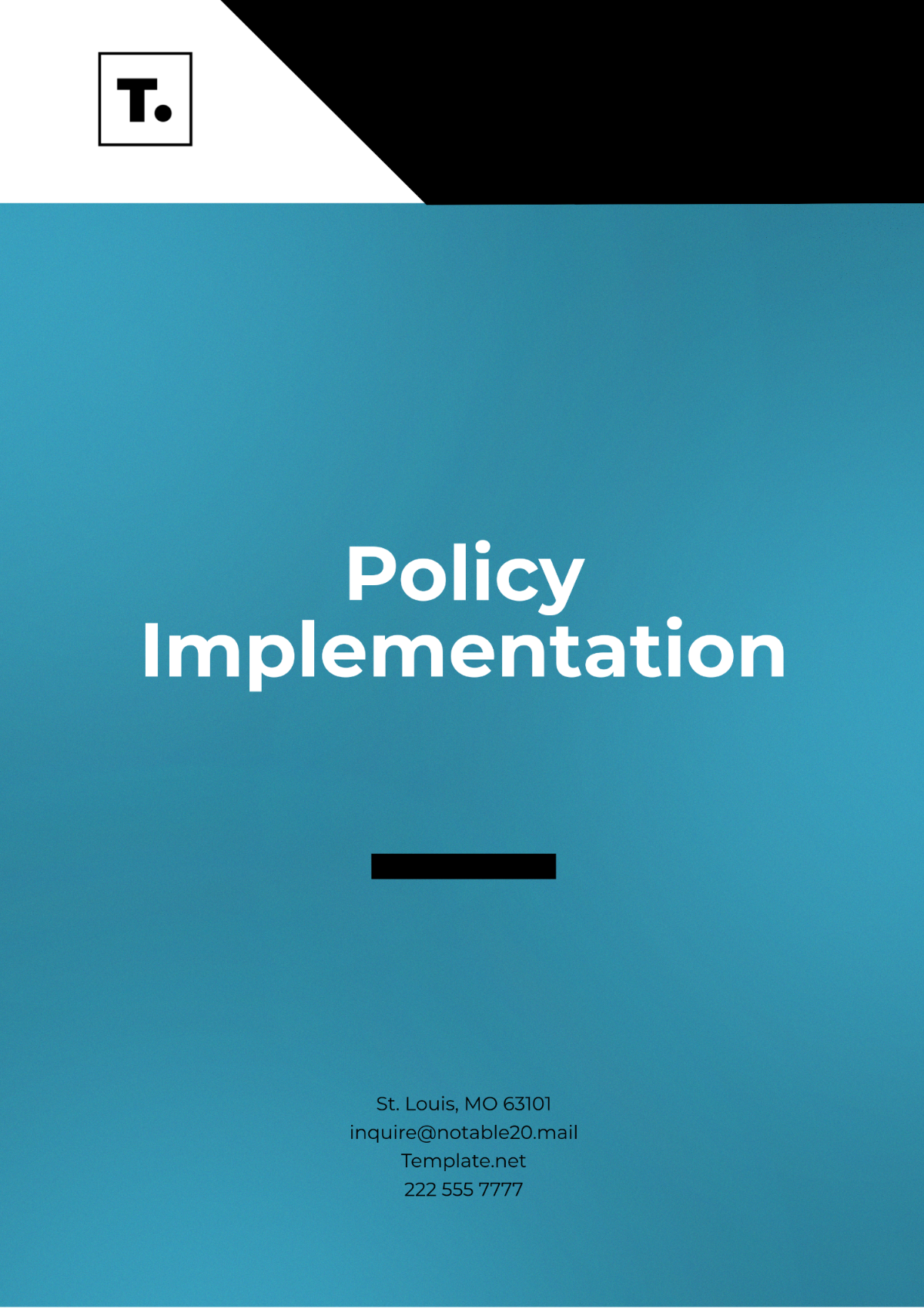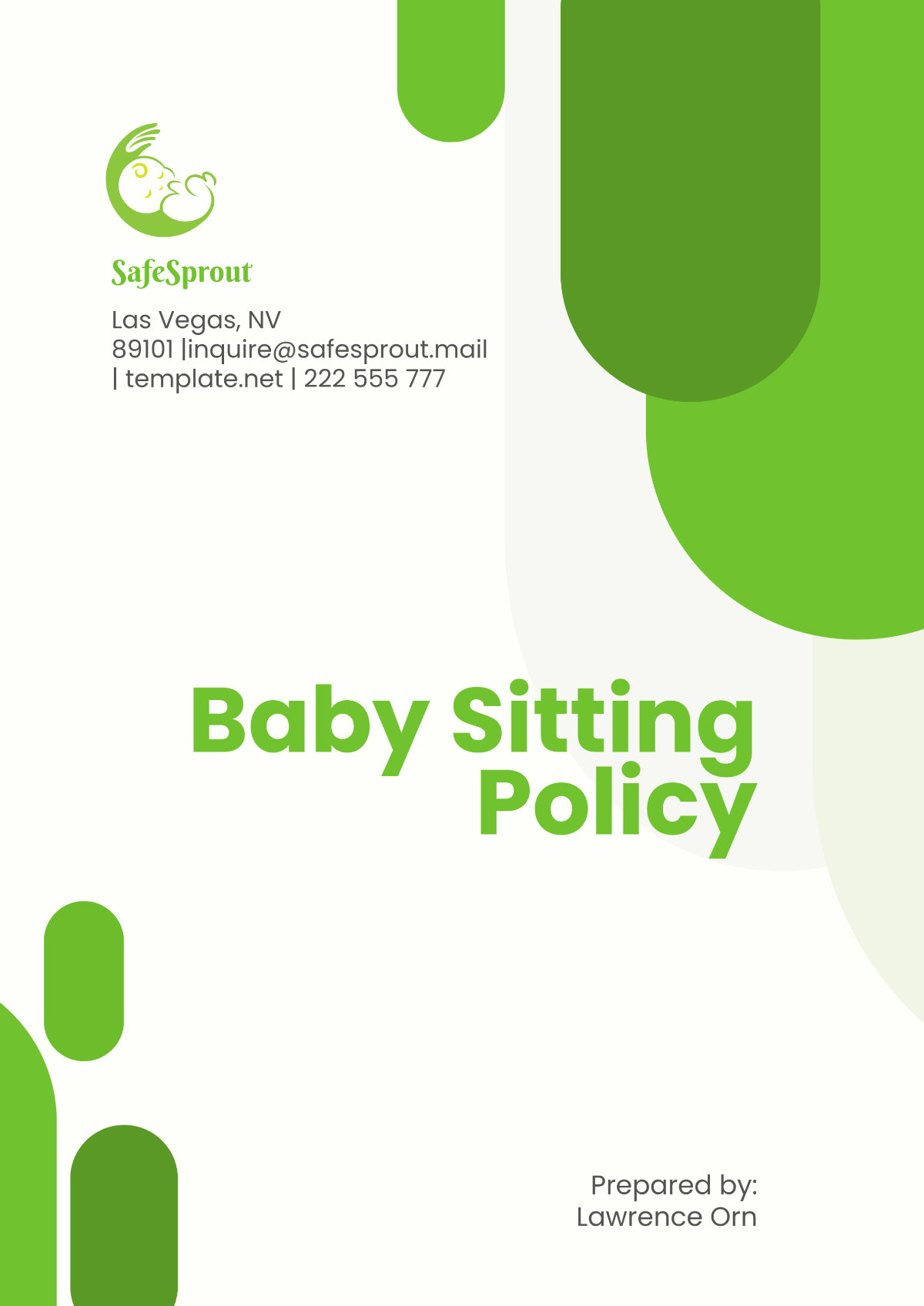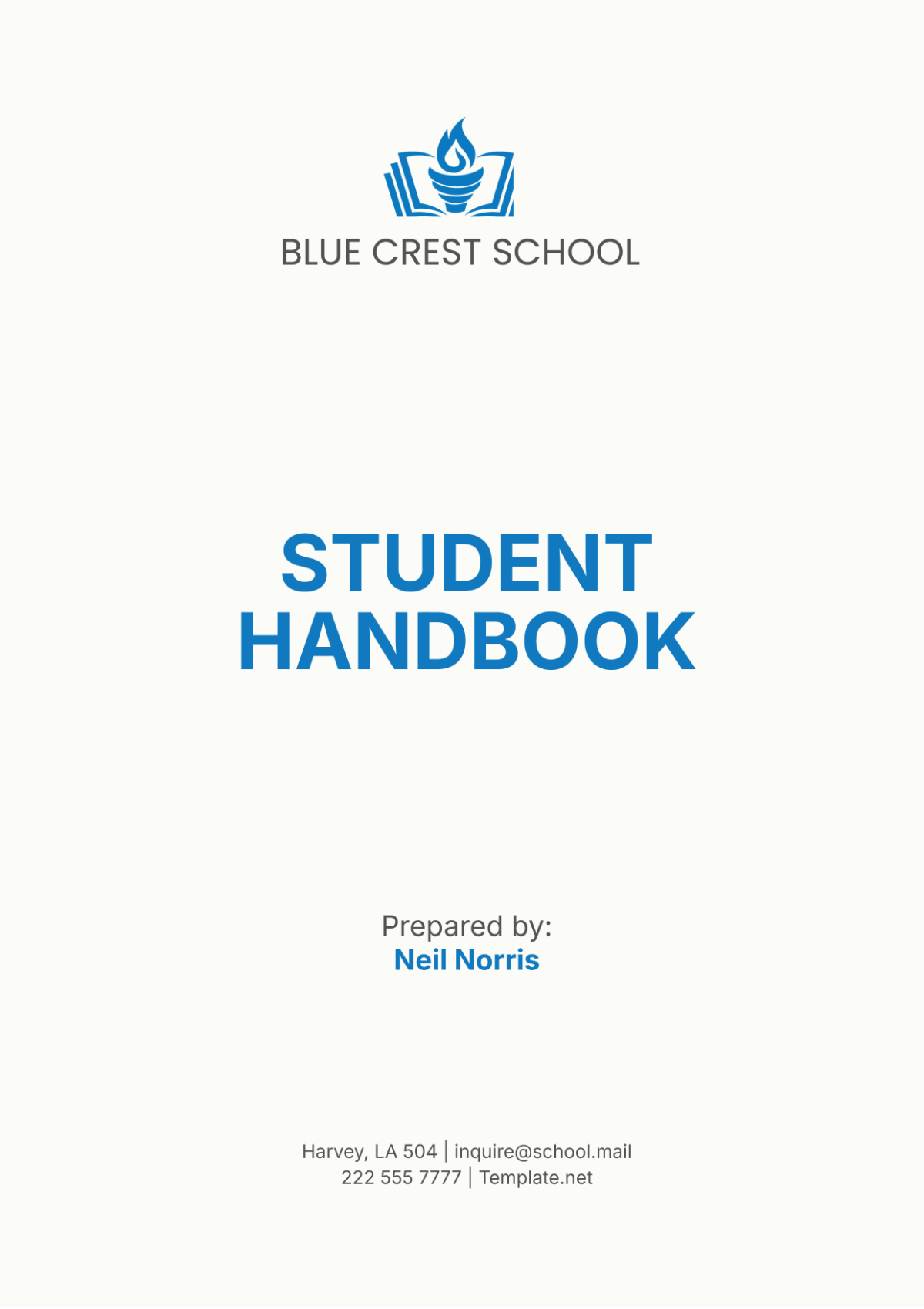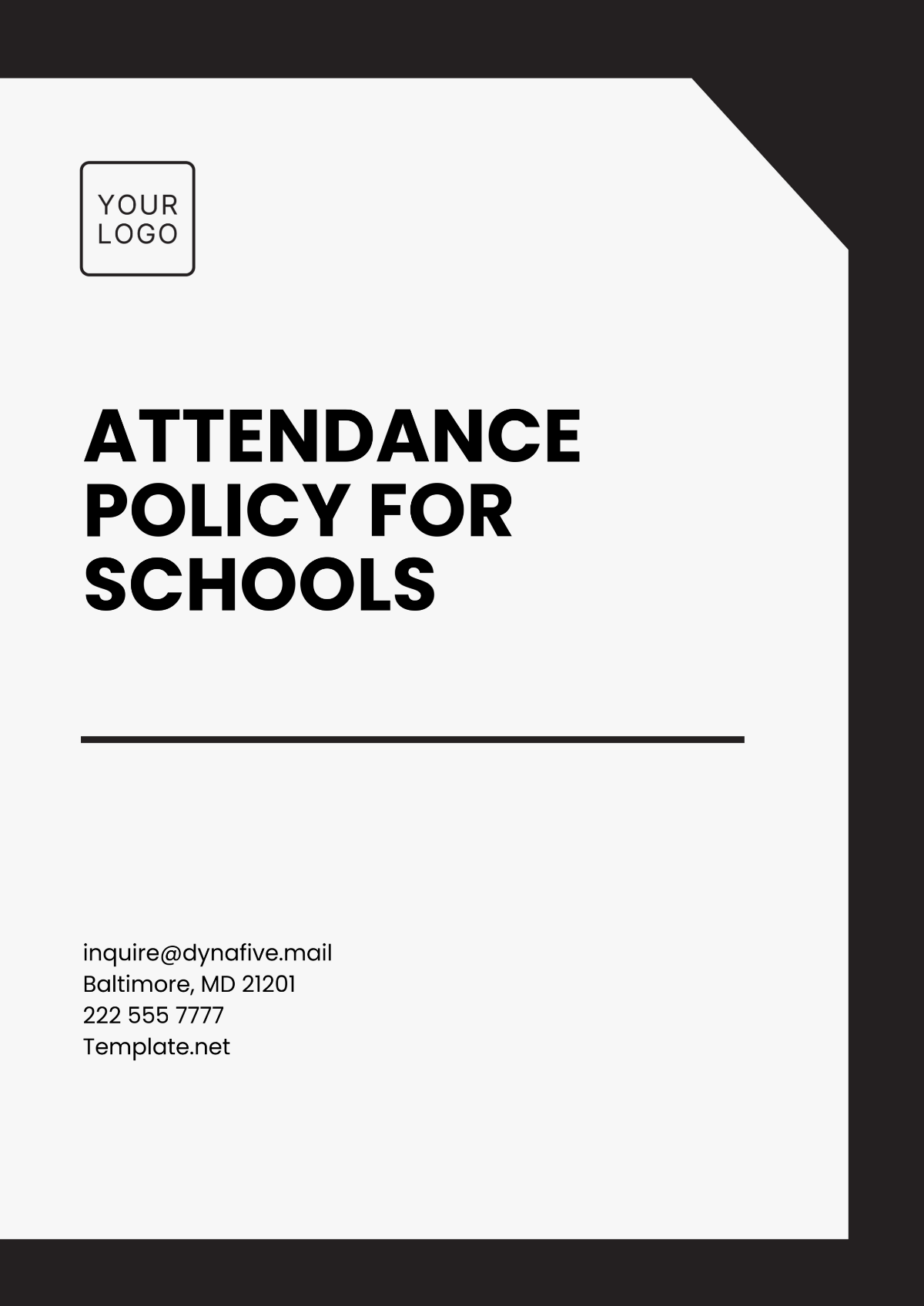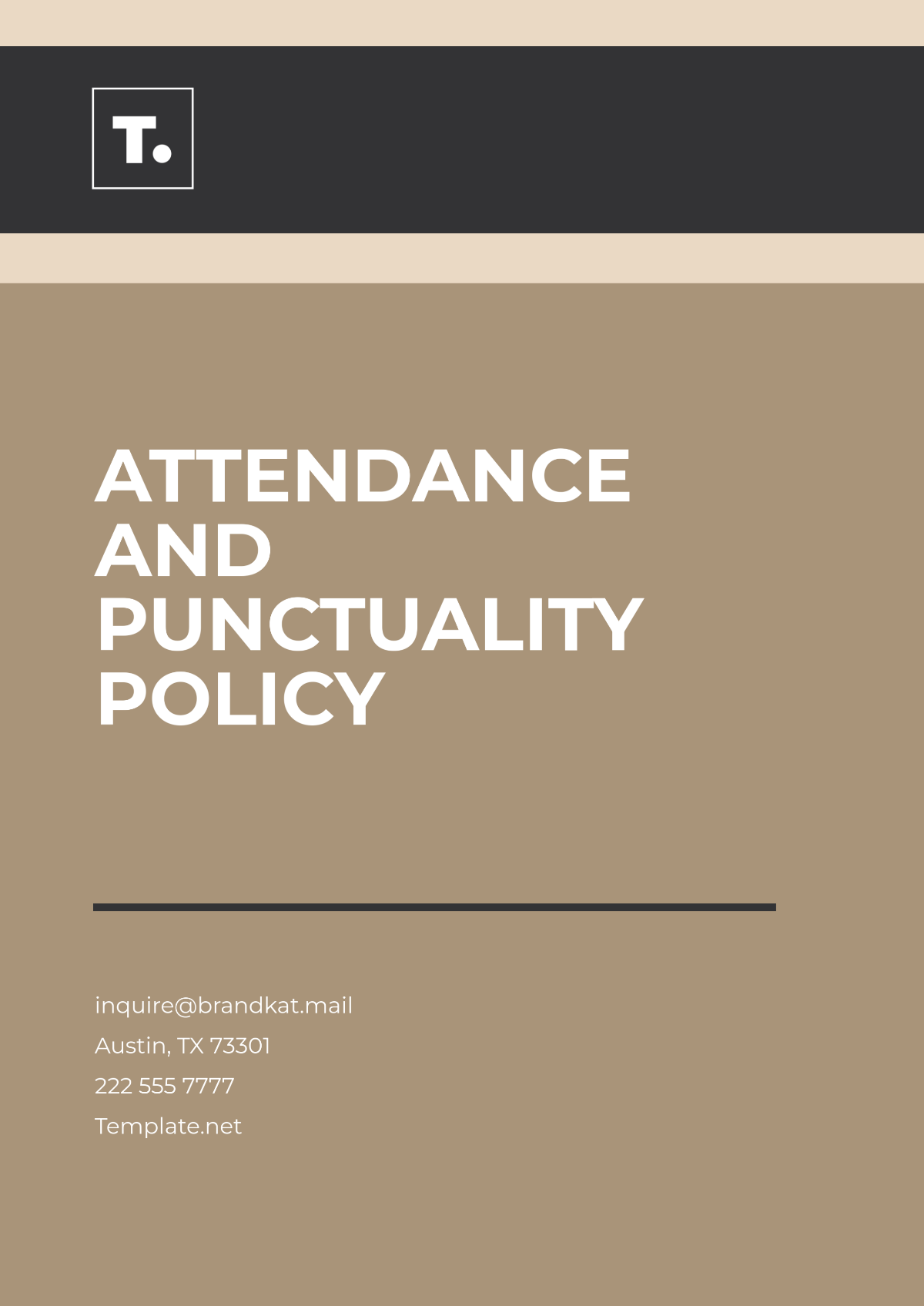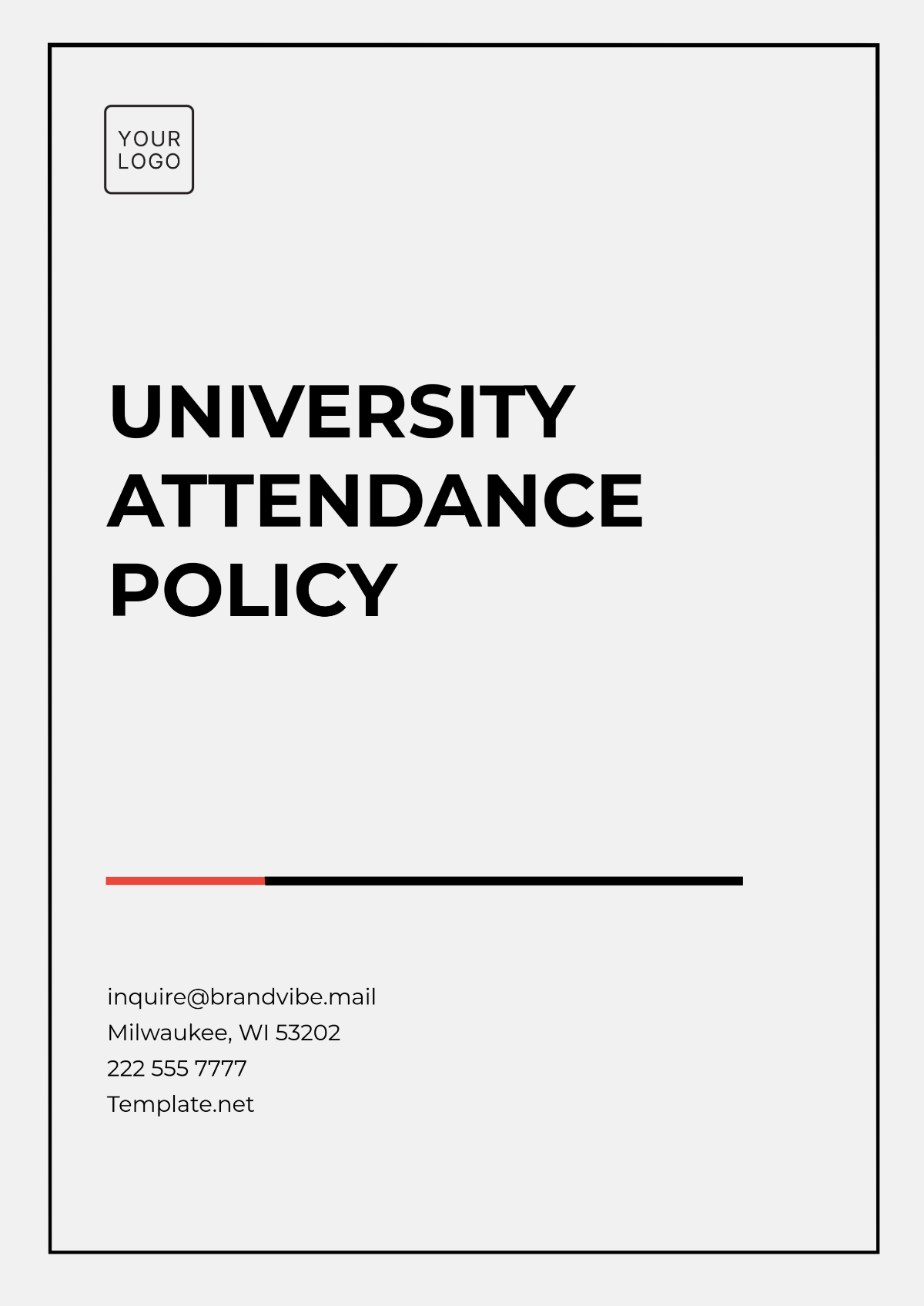Assignment Policy Research
This research explores the impact of well-structured assignment policies on student engagement and academic performance in educational institutions. Preliminary data suggests that schools with clear assignment guidelines have a 20% higher student submission rate and a 15% increase in on-time submissions.
Additionally, institutions implementing regular feedback mechanisms report a 25% improvement in student understanding and retention of course material. The study will examine these trends, alongside the role of assignment deadlines and the balance between formative and summative assessments. The ultimate goal is to develop a comprehensive framework that supports both student accountability and a positive learning environment.
I. Introduction
Student engagement and accountability are critical components of academic success. Effective assignment policies can play a pivotal role in enhancing these elements. This research aims to examine the impact of structured assignment guidelines, deadlines, and feedback mechanisms on student performance.
II. Literature Review
Several studies have highlighted the importance of clear assignment policies in educational settings. According to Smith et al. (2022), institutions with transparent guidelines witness an increase in student performance and engagement.
Policy Element | Impact |
|---|---|
Clear Assignment Guidelines | 20% Higher Submission Rate |
Assignment Deadlines | 15% Increase in On-Time Submissions |
Regular Feedback | 25% Improvement in Understanding and Retention |
III. Methodology
This study will employ a robust mixed-methods approach, combining both quantitative and qualitative data collection techniques to ensure comprehensive analysis. The quantitative component will involve administering structured surveys to a large sample of students and educators across various educational institutions, including public, private, and charter schools. These surveys will assess perceptions of current assignment policies, levels of student engagement, and academic performance metrics.
Additionally, academic performance data, such as grades, submission rates, and instances of late submissions, will be meticulously collected and analyzed to quantify the impact of assignment policies. The qualitative component will involve in-depth interviews with a select group of educators and students, providing nuanced insights into their experiences and challenges with current assignment policies. This mixed-methods approach will allow for a holistic understanding of the effectiveness of assignment policies across different educational contexts.
IV. Results
Preliminary data analysis indicates that educational institutions with well-structured assignment policies have experienced significant improvements in both student engagement and accountability. Specifically, schools with clear and consistent assignment guidelines report a 20% higher student submission rate and a 15% increase in on-time submissions compared to those without such policies.
Additionally, these schools have observed a 25% improvement in students' understanding and retention of course material, as evidenced by higher test scores and more positive student feedback. The detailed results, including statistical analyses and thematic findings from the interviews, will be presented in the final publication of this research, providing a comprehensive overview of the impact of effective assignment policies.
V. Discussion
The findings from this study suggest that several key components are essential for the success of assignment policies. Clear and concise guidelines provide students with a definitive understanding of expectations, reducing ambiguity and enhancing their ability to meet deadlines. Strict yet reasonable deadlines encourage students to manage their time effectively, fostering a sense of responsibility and accountability.
Regular feedback mechanisms, including both formative and summative assessments, are crucial for reinforcing learning and addressing areas of improvement promptly. These elements not only improve submission rates but also deepen students' engagement with the course material, resulting in better academic outcomes. The qualitative data from interviews highlight the importance of flexibility in assignment policies to accommodate diverse student needs without compromising academic standards.
VI. Conclusion
Effective assignment policies are indispensable for fostering student engagement and accountability in educational settings. This research underscores the need for educational institutions to adopt structured guidelines, enforce consistent deadlines, and provide continuous, constructive feedback to optimize student performance.
By implementing these practices, schools can create a supportive learning environment that encourages students to take ownership of their education and achieve their full academic potential. Future research should explore the long-term effects of these policies and investigate additional strategies for enhancing student engagement and accountability.
VII. References
Smith, J. A., Brown, L. M., & Wilson, H. K. (2022). The Role of Assignment Policies in Enhancing Academic Performance. Educational Research Journal, 34(3), 234-245.
Johnson, R. T. (2021). Feedback Mechanisms and Student Learning Outcomes. Teaching and Learning Quarterly, 28(2), 105-119.



